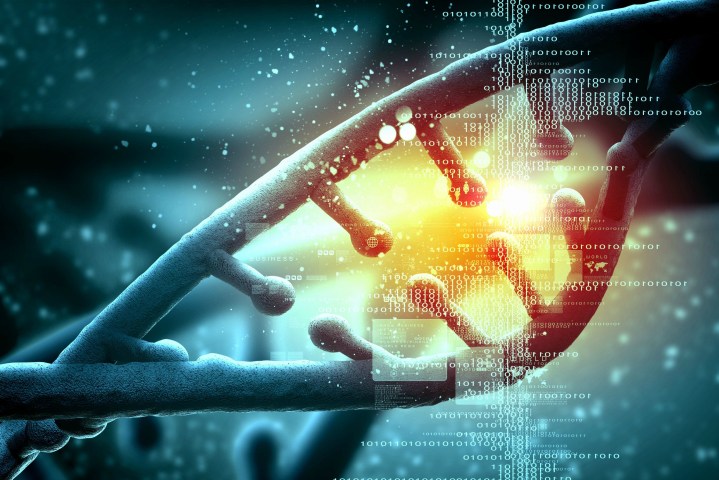
Gene-testing company 23andMe recently ran a large-scale study in association with pharmaceutical drug giant Pfizer, which revealed the most significant evidence yet linking depression with genetics. Analyzing the genes of over 450,000 23andMe customers, researchers identified 17 single nucleotide polymorphisms (SNPs) and 15 regions of the human genome associated with an increased risk of suffering from depression. A paper detailing the study was published yesterday in the journal Nature Genetics.
“”If we can put the pieces together in cells, we hope we can start to look for better treatments for depression.”
The researchers conducted a genome-wide association study, which compares the genes of a large test group to the genes of “healthy” control subjects, in order to identify genetic variations between the two groups. Variations seen significantly more often in the test group suggest which gene regions may contribute to the condition.
Scientists have long linked depression to heredity, the paper’s authors write, but most prior studies attempting to find the genetic roots of the condition have fallen short due to small sample sizes and the disorder’s different symptoms from person to person.
This study, on the other hand, had 23andMe’s 1.2 million customers to survey. “This sort of approach — some have called it crowdsourcing — relies on messier data but lots of it, rather than the standard approach which [uses] very detailed assessments but many fewer people,” the study’s corresponding author and Director of the Center for Experimental Drugs and Diagnostics at Massachusetts General Hospital (MGH), Dr. Roy Perlis, told Digital Trends.
In the survey, the company identified over 121,000 of its customers who self-reported a diagnosis of depression and used over 338,000 customers without depression as the control. Compare that to a 2013 study by the Psychiatric Genomics Consortium (PGC) that analyzed data from 17,000 people with depression but couldn’t identify any consistent genetic variations, and the breadth of the 23andMe study is clear.
“With this study we show that alternative approaches to genetic data collection can generate scientifically meaningful results,” Dr. Ashley Winslow, former Pfizer neuroscientist and the paper’s corresponding author, told Digital Trends. “This approach generated unprecedented numbers, not previously accessible for study.”
Both Winslow and Perlis recognize that, although the 23andMe study detected 15 relevant regions of the genome, these regions only reveal a fraction of the risk for depression. “We need to understand exactly which genes and genomic changes are underpinning these findings and then understand what goes wrong and how this affects the biology of disease,” Winslow says.
Meanwhile, the MGH researchers’ next steps are to use stem cell models to understand how these genes affect neurons. “If we can put the pieces together in cells, we hope we can start to look for better treatments for depression,” he says.


